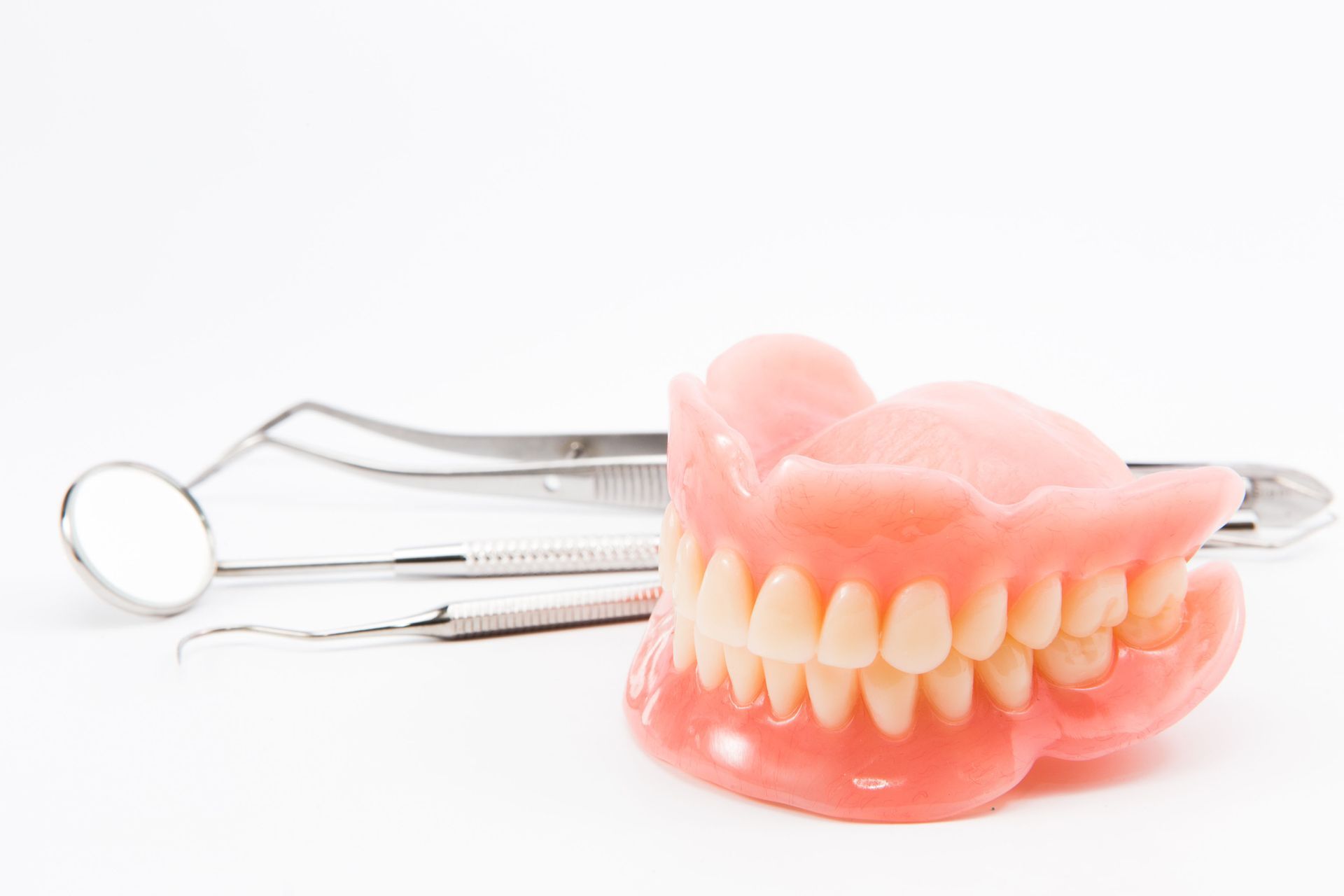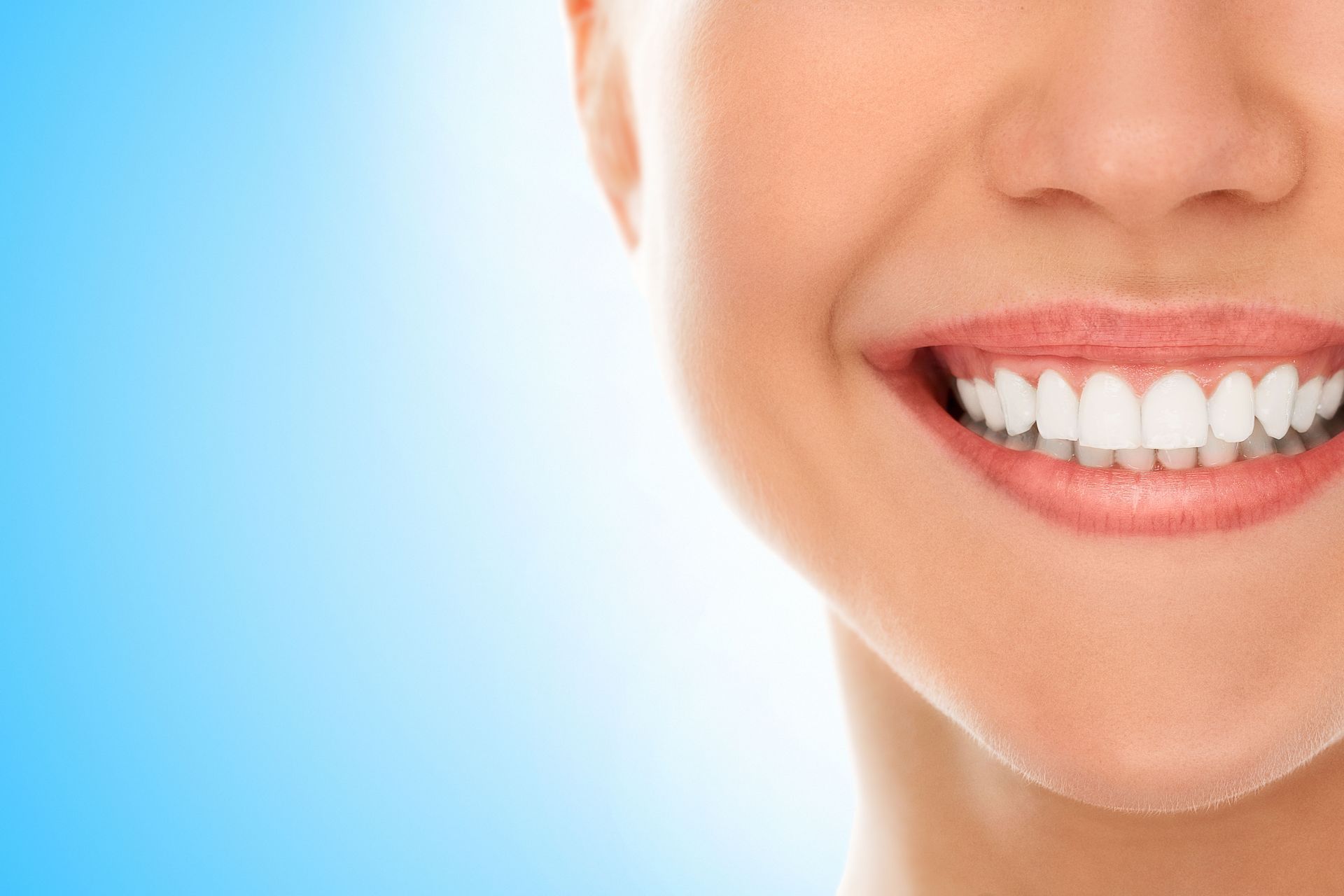June 6, 2025
With the myriad of dental solutions available today, choosing the right one can be overwhelming. Dentures have long been a trusted solution for tooth replacement, offering both functional and aesthetic benefits. Before deciding if dentures are suitable for you, it's crucial to understand what they offer, how they work, and who can benefit the most from using them. This blog post will help you determine whether dentures are the right option for your dental needs.
Restoring Function and Appearance With Dentures
Dentures are removable appliances that can replace missing teeth, restoring your smile while maintaining your facial structure and oral functionality. They can be full or partial, catering to the specific needs of individuals. While some people might initially feel discomfort during the adjustment period, modern advancements have made dentures more comfortable and realistic-looking than ever before, easing the transition for new users.
Understanding Who Can Benefit from Dentures
One important factor to consider is whether you fall into the demographic that commonly benefits from dentures. According to the Oral Health Foundation, an average of 19% of the population wear some form of denture. This statistic highlights that dentures are a prevalent choice for many individuals correcting dental gaps due to aging, accidents, or other oral health issues. They provide a practical solution, particularly for those who are not candidates for more permanent options, such as dental implants.
Evaluating Cost and Maintenance of Dentures
Cost and maintenance also play a critical role in determining if dentures are the right option for you. Generally, dentures are a more affordable choice compared to other tooth replacement options, although they require regular care and adjustment. Proper cleaning and regular check-ups with your dentist ensure the longevity and comfort of your dentures, preserving their functionality over time. Considering your budget and willingness to maintain your dental appliances is essential for making an informed decision.
If you’re not feeling secure with your existing removable denture, there are several options available to improve comfort and function. One effective solution is an overdenture. Also known as implant-supported or snap-in dentures, overdentures are removable prosthetics that are anchored by dental implants placed in the jawbone. This provides significantly greater stability and retention than traditional dentures, which rely mainly on suction or adhesives.
If you are contemplating dentures, taking the time to evaluate your personal needs, lifestyle, and budget is crucial. Consulting with a dental professional can provide insight into whether dentures are the best solution for restoring your dental health and appearance. With the proper care and consideration, dentures can significantly enhance your quality of life, offering a path to a confident smile and improved oral functionality. Get in touch with the professionals at Barrington Smiles to schedule your next appointment.














